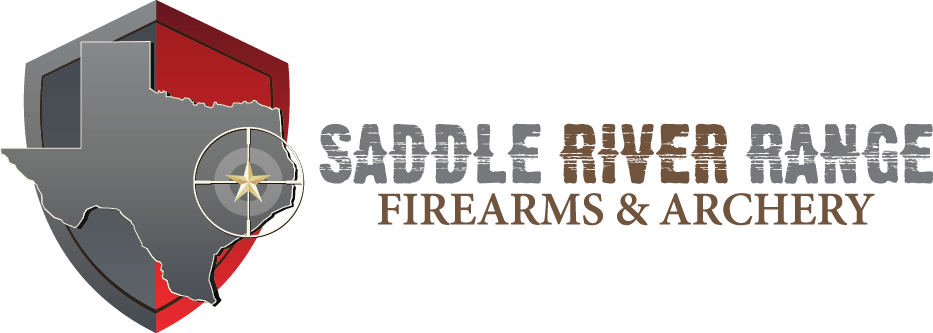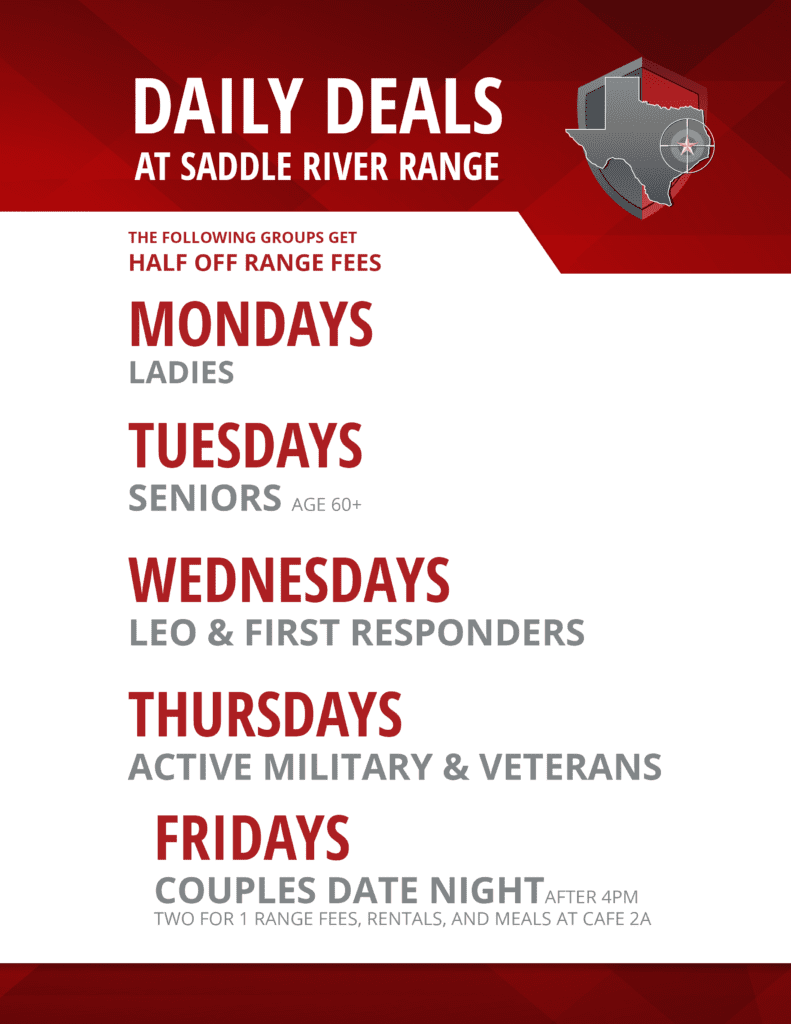I spend a fair amount of time teaching classes or speaking at events that are related to the firearms industry. I meet a lot of people who are just getting into the firearms world or are just finally beginning to take it seriously. Many of them have even been gun owners for years but have never really done anything with their firearm other than let it sit in a box in the sock drawer. The most common questions I get from people is, “What is the best gun to get?” Which is almost always immediately followed by, “What do YOU carry?”
I usually reply with the question, “For what?” After I receive a blank expression back I say that I choose what gun I carry because it is the best tool for the job I am doing at the time. I have a different guns I use for concealed carry, home defense, Law Enforcement, Bodyguard, etc. When someone is making the decision on what firearm to get the first thing I have to explain is the need for a change in
mindset. You have to understand this process is not so much a choice as much as it is a diagnosis. You have to start by clearing your mind of any preconceived ideas and ask yourself some honest questions. The first question you need to address it, “What is it for?” For what purpose is this gun to be used, is it for home defense or concealed carry? Is it for hunting or competition use? Keep in mind that your home defense gun and your concealed carry gun will likely be different. There are different requirements for each that may not apply for the others.
When choosing a gun you have to set a few requirements before making a decision. The first and foremost is if the gun is supposed to be for the purpose of defense of life then it absolutely HAS to be completely reliable. It has to go “bang” every time you pull the trigger. This is usually where we start culling the herd. Certain brands are known for reliability as well as certain platforms. Do your research and find out which brands are the most reliable. (I recommend filtering down to the top 3-5 brands.) Once you have done that, search those company websites and see what they offer as far as size, caliber, and capacity. Make a list of the model numbers for each brand and then search those models individually to make sure that there are no manufacturing or reliability issues, or even recalls, going around.
Concealed carry guns are meant for defense of life situations. When choosing a caliber, remember the calibers that are generally considered appropriate for that function would be 9 millimeter, .38 special, .357 Sig, .40S&W, and .45 ACP. The .380 ACP can also serve well in this role but it is the smallest caliber I would be comfortable recommending for defense of life. A good comparison would be to look at your local law enforcement agencies and see what calibers they are authorized to carry on duty and that will give you an idea of what to consider. (It can be fairly comforting to know that your ammunition choice is the same as what the local Police Department or Sheriff’s Office trust their lives with.)
Many gun ranges, both indoor and outdoor, have a fleet of firearms available to rent and try out. Go to the range and rent a few different ones from your list and see how they feel. You can even rent two of the same kind just in different calibers so you can feel the differences. Pay attention to how they feel in your hand, where the slide release and magazine release are located, what the magazine capacity is. Make sure you see how quickly you can get accurate follow up shots on target with each caliber. Also look at the weight of the pistol as well as the external dimensions and see how that would work in your primary carry position. There can be a dramatic difference in weight between two pistols with the same capacity just because of the difference in manufacturer. Once you have narrowed it down to the top 3 choices now you can start looking at price. When you are deciding on a tool that will potentially save your life, price should be way down the list of considerations. The reality is when you are fighting for your life and counting on that pistol to save you or your loved one the last thing on your mind is whether or not you spent $500 or $700. Over the years I have known more than a few guys who have been in that “worst case scenario” and not a one of them ever said, “Gee, I wish I had used a less expensive gun.” Lastly, after you have made your decision on which gun to purchase, make sure you factor in the cost of a good holster, magazine case, and hollow point ammunition. Whether you choose a leather or kydex holster, make sure you choose a quality well-made holster that you can trust to transport your new investment. There are few things worse for a gun carrier than being in public when your holster breaks and your gun goes sliding across the floor.


